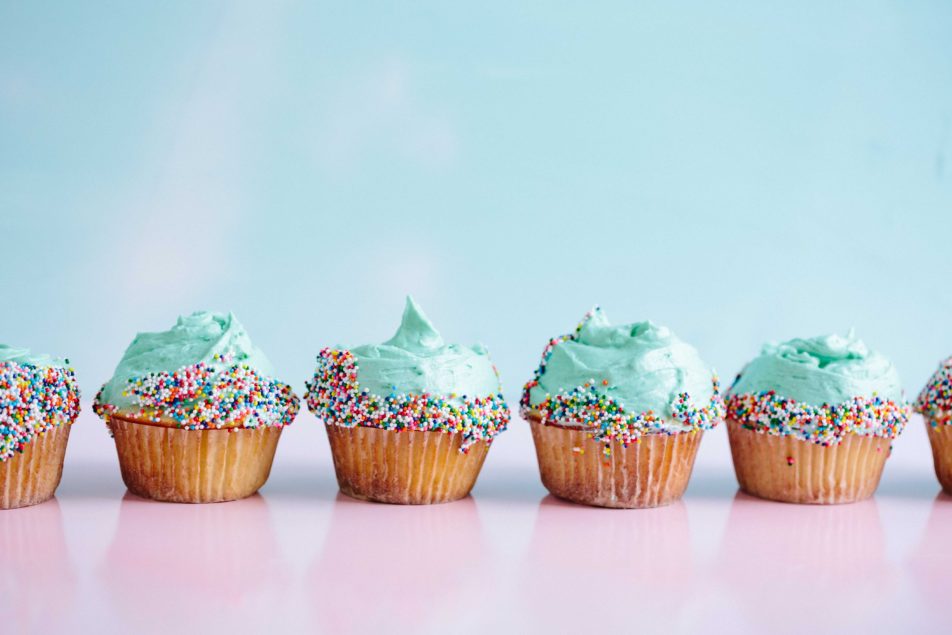BE
How many times have you taken a vacation and found yourself saying “I need a vacation from my vacation”? Why is that?
On vacation, we put all of our focus on pursuing happiness. We make a point of doing everything we want to do and nothing we don’t want to do. We eat, we drink, we enjoy entertainment. We do all of this in a concerted effort to be happy. We tell ourselves “this is my time to be happy” and we limit anything we don’t want to do.
No cleaning (the hotel we book has a maid) no working, no email, LOTS of social media. In short, we set out to do only the things that will make us happy yet often we come back feeling emptier than we did before our vacation. Feeling more tired rather than rested.
It turns out, there's a scientific explanation for this. Making happiness the primary objective of life actually gets in the way of becoming happy. According to the report, Can Seeking Happiness Make People Unhappy? The Pardoxical effects of valuing happiness, scientists found that people became more unhappy and depressed the more they placed an importance on being happy.
It reaffirms how we are consistently looking for ways to be happy, to satisfy our needs and desires, yet when those needs and desires are met, we’re not satisfied at all but are left looking for the next thing to satisfy us.
The Happiness Trap
As a society we have become consumed with happiness. There is even a Museum of Happiness in London that hosts events like “laughter yoga” and “ecstatic dance” and a Happy Place in LA that is devoted to all things happy with opportunities to jump off a rainbow into a pot of happiness and take lots of selfies…not that there’s anything wrong with that.
As Americans, we treasure our individual freedoms, not the least of which being our “right to the pursuit of happiness” per The Declaration of Independence. But our preoccupation with happiness has caused us to become greedy for happiness and starved for meaning. According to a study by The Center for Disease Control only 30% of Americans strongly agreed that they have a good sense of what makes their life meaningful.
As Victor Frankl said in Man’s Search For Meaning, “one must have a reason to be happy”.
Happiness vs. Meaningfulness
Being happy and finding meaning in life are two of the most widely held goals people have. However there are some distinct differences between happiness and meaning. According to The Journal of Positive Psychology study done on the differences between happiness and meaningfulness, the researchers found that happiness correlated highly to having all of your needs met, receiving benefits from others and focusing on the present. Meaningfulness, on the other hand correlated highly with struggle, giving of oneself to others, and seeing the bigger picture of life (past, present and future) to make the sacrifice worth it.
In one part of the study participants were asked to rate whether they were givers or takers. Being a "giver" positively related to meaningfulness and being a "taker" was negatively related to meaningfulness. Those who rated themselves as "takers" were more likely to be happy, while those who rated themselves as "givers" were more likely to have meaningful lives.
The Problem of Happiness Without Meaningfulness
What's so bad about pursuing a life of happiness and trying your best to avoid all the self-sacrifice, giving, and self-reflection stuff that is associated with a meaningful life?
Aside from the obvious, that no-one wants to be labeled as a selfish taker their whole lives, there is a scientific answer as well. It isn't good for you. That is, living a life in pursuit of happiness without meaning actually creates genetic responses in your body that can make you sick.
The Proceedings of the National Academy of Sciences did a study that looked at the difference between meaning and happiness on the biological level. Using the human genome, researchers measured the effects of happiness verses meaning on our genes.
When people go through chronic challenges such as financial or loss of a loved one, their bodies express a particular gene pattern that shows higher activity of pro-inflammatory genes and lower activity of genes that fight bacterial infections. This creates chronic inflammation that is associated with heart disease and cancer. Obviously no bueno.
The study showed that people who are happy but don't have any meaning in their lives have the same chronic inflammation gene pattern as those under enduring adversity.
Avoiding The Happiness Trap
How do we avoid the happiness trap? Vow to never again pursue happiness? No, definitely not. Rather, if we look at the correlation between happiness and "taking" vs. meaningfulness and "giving", we should seek to give more than we take from life. To put it another way, we should seek to create more than we consume. We should seek to make life more about others than about self. We can avoid the happiness trap in two simple ways:
1. Resist Instant Gratification
When the temptation for instant gratification rises up, ask yourself “will satisfying this desire in my present bring lasting meaning to my future?” If the answer is “no”, weigh the consequences of that momentary happiness. You will begin to dispel the greed for happiness by not feeding it.
2. Look For Opportunities to Help Others
You will be amazed at the needs that become apparent around you as you open your eyes to them. Even as you peruse social media for funny videos that might make you happy, if you're looking for ways to help others there will be someone you can touch.
How to Have a More Meaningful Life
What does a meaningful life look like practically speaking?
Again looking at life from the perspective of creating more than we consume, let's look at a simple everyday happiness activity. For example, let's say you spent time watching your favorite show on Netflix, Hulu, or Amazon this week.
To start, let’s break that activity down to the bare basics of what you were actually doing. When you were watching Netflix or Hulu or Amazon, you were consuming stories that others had created for your enjoyment and it brought you happiness.
Now ask yourself, when was the last time you wrote a short story of your own? Or when was the last time you created something that others could use either for pure enjoyment or for practical purposes?
We should seek to create more than we consume, to give more than we take and we will find that we have more meaningful lives.
In other words, the answer is not necessarily that we need to stop doing things that make us happy, but that we need to start contributing something to the world for the greater good of someone else in order to balance that happiness with meaning.
If you're a parent, you already have a meaningful life, and likely it is not a happy one all the time. Your life has great meaning because you are pouring it into raising another human being.
This idea of giving more or creating more does not mean we need to give it all away for free, either. A life of meaningfulness can be created by using your gifts in your work. Whether you’re an artist creating a painting to sell or a writer writing a book of poems, or a marketing manager bringing your creativity to the table to further your client’s business.
Meaning can be found in your work by seeing yourself as a giver or creator rather than just a taker. When you see yourself as someone who is contributing something positive to your company, not just there to collect a paycheck, you will find meaningfulness in your work.
Here are 7 practical ways for you to be a giver today:
Summary
Happiness is a trap that does not satisfy us. The pursuit of happiness alone is unhealthy from both a biological and psychological perspective. People should seek not just happiness but also meaning. The best way to find meaning in life is to be a giver. To help others in some way. To create more than we consume. To give more than we take.
Happy Creating!
XO
 Welcome to Honey & Figs! I'm Lisa. I love helping people with practical ways to live more abundant lives based on my own experience. You can click here to find out more about me.
Welcome to Honey & Figs! I'm Lisa. I love helping people with practical ways to live more abundant lives based on my own experience. You can click here to find out more about me.
Become part of the Honey & Figs Community & get the Newsletter
[tco_subscribe form="12337"]

